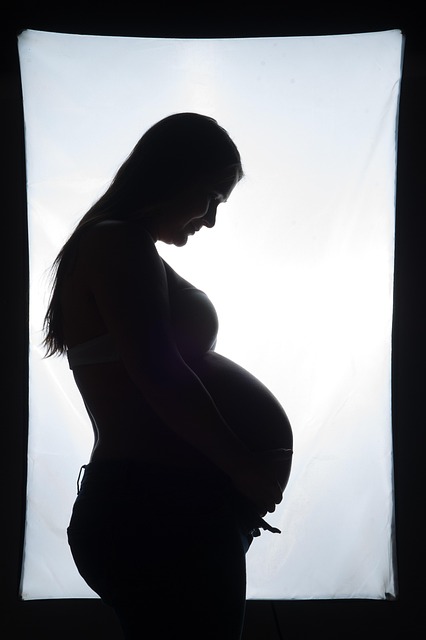With Valentine’s Day just around the corner, love is in the air—reminding many of us about relationships, family, and sometimes, the dreams that haven’t yet come to fruition. For women especially, the biological clock can feel like a constant reminder that time is ticking. After 35, conceiving can become more challenging, and miscarriage rates start to climb. Many women find themselves postponing parenthood for reasons like education, career goals, or financial stability. Thankfully, egg freezing offers an empowering option for those looking to take charge of their reproductive futures.
What is Egg Freezing?
Egg freezing, or oocyte vitrification, is increasingly popular among women who want to delay becoming parents. This procedure effectively pauses the biological clock, allowing women to preserve their eggs at their current age. Once frozen, the eggs retain their genetic material, which means that a woman can benefit from the fertility potential of a younger egg even if she decides to use them years down the line. Research shows that pregnancy success rates with frozen eggs are comparable to those using fresh eggs.
While egg freezing is a newer technology, it’s no longer considered experimental. Clinics have reported positive outcomes, and current data indicate that the risks for genetic abnormalities remain low when using frozen eggs.
The Process of Egg Freezing
The egg freezing journey resembles the first part of an IVF cycle and involves hormone injections, monitoring, and an egg retrieval procedure. The process starts with self-administered hormone injections for about 10 days, followed by office visits to track egg growth. Finally, an outpatient surgical procedure is performed to retrieve the eggs, which usually takes less than 30 minutes. Most women feel some cramping afterward but can typically return to work the next day.
For optimal results, it’s recommended to retrieve around 15-20 mature eggs, which may require multiple cycles. This number is suggested because about 85% of the eggs survive the thawing process, with 50-70% likely to fertilize. When you’re ready to use your eggs, they’ll be thawed, inseminated, and transferred back into the uterus—a procedure that is typically painless.
Who Should Think About Egg Freezing?
Egg freezing is best suited for women aged 32 to 38 who know they’ll be delaying childbirth. Before proceeding, initial blood tests and ultrasound exams are conducted to ensure good candidacy. Although women over 38 can also be treated, it’s essential to evaluate individual circumstances.
Fertility preservation should be part of a longer-term strategy. While nothing replaces the experience of being pregnant now, for women who might regret not exploring their options, egg freezing can provide peace of mind. If this sounds like a path you want to consider, chatting with a fertility specialist can be a great next step.
If you’d like to explore your options further, consider checking out other helpful resources like this informative post on intracervical insemination. Also, for a more comprehensive understanding of pregnancy, the NIH offers excellent information.
In summary, egg freezing can be a valuable option for women looking to take control of their reproductive health and ensure they have the opportunity to become parents when they’re ready.

